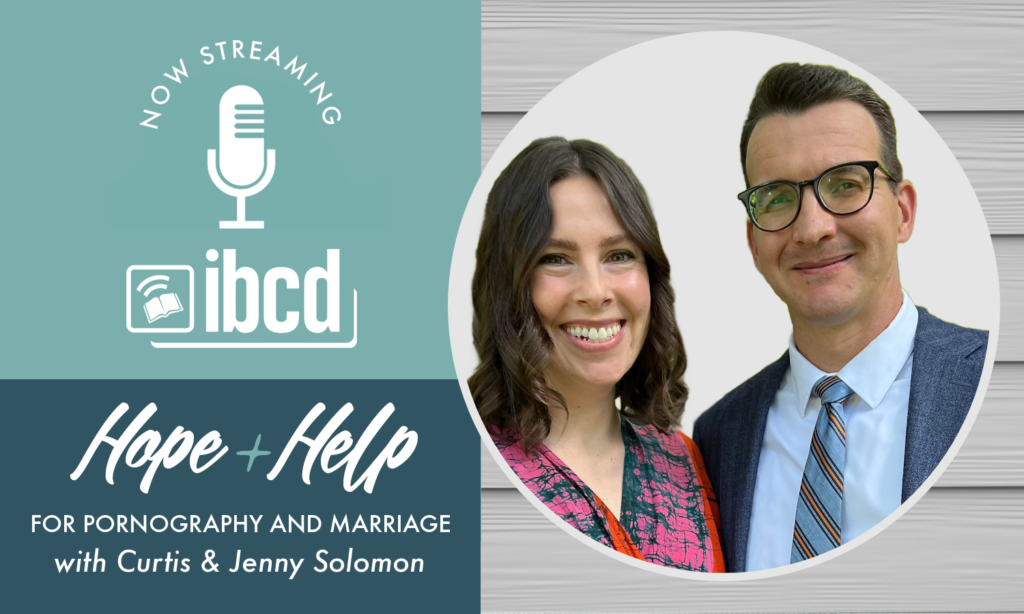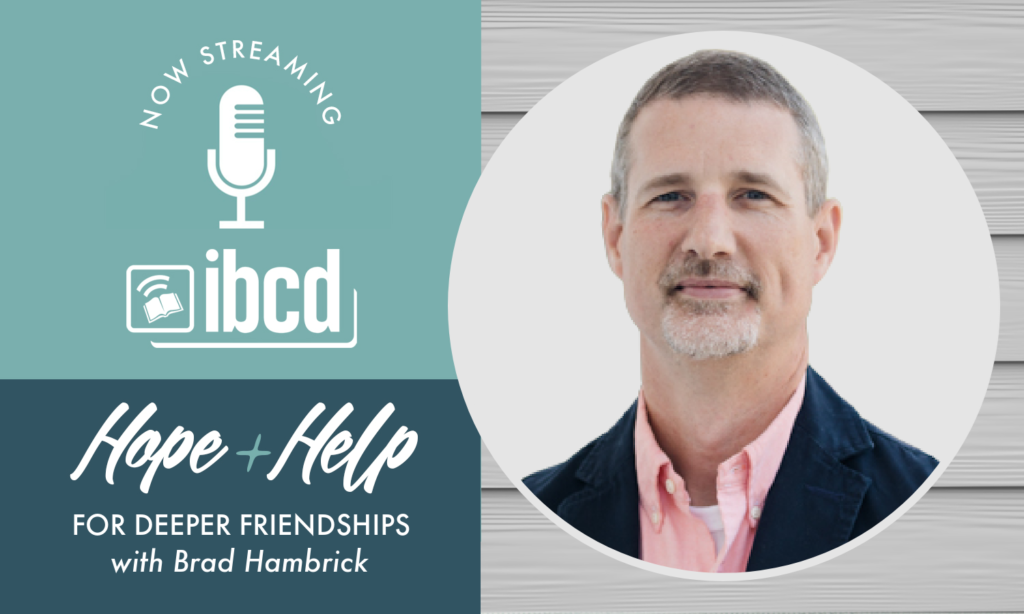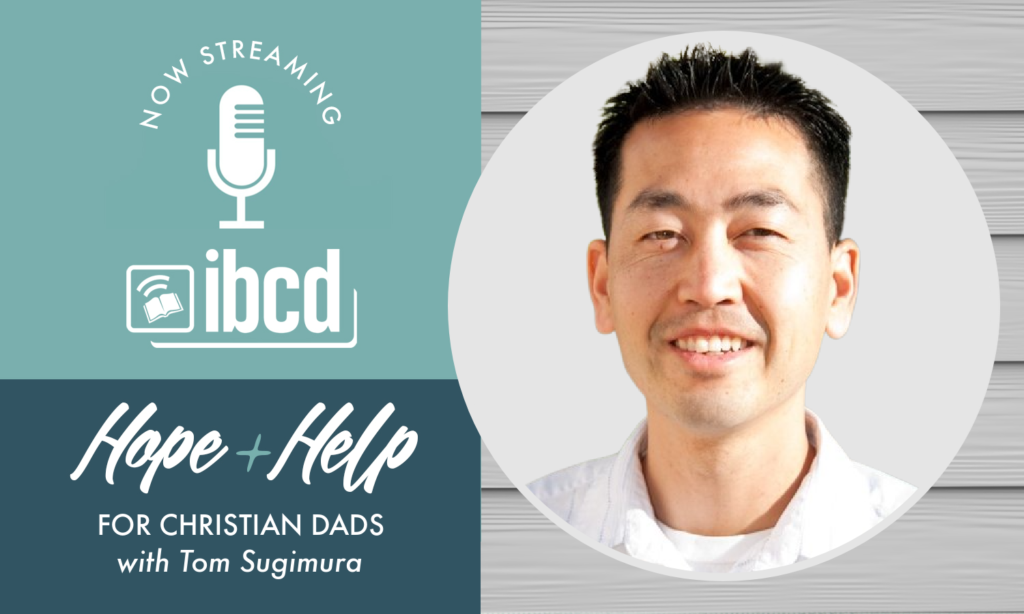Believers who have gone before us can attest: spiritual depression is an agonizing, confusing trial. It may be regarded as one of the most frightening periods of a Christian’s life. After all, “at its core,” Zack Eswine writes*, “spiritual depression concerns real or imagined desertions by God.”
Such a notion cannot help but threaten spiritual wreckage on a nuclear scale.
Of his depression, Martin Luther wrote, “I spent more than a week in death and hell. My entire body was in pain, and I still tremble. Completely abandoned by Christ, I labored under the vacillations and storms of desperation and blasphemy against God.”
Spiritual depression is an ominous ailment of soul, no doubt. Yet, there is a heavenly undercurrent to this perceived divine distance: we aren’t roaming hell's hollow aimlessly.
Such a notion cannot help but threaten spiritual wreckage on a nuclear scale.
Of his depression, Martin Luther wrote, “I spent more than a week in death and hell. My entire body was in pain, and I still tremble. Completely abandoned by Christ, I labored under the vacillations and storms of desperation and blasphemy against God.”
Spiritual depression is an ominous ailment of soul, no doubt. Yet, there is a heavenly undercurrent to this perceived divine distance: we aren’t roaming hell's hollow aimlessly.









